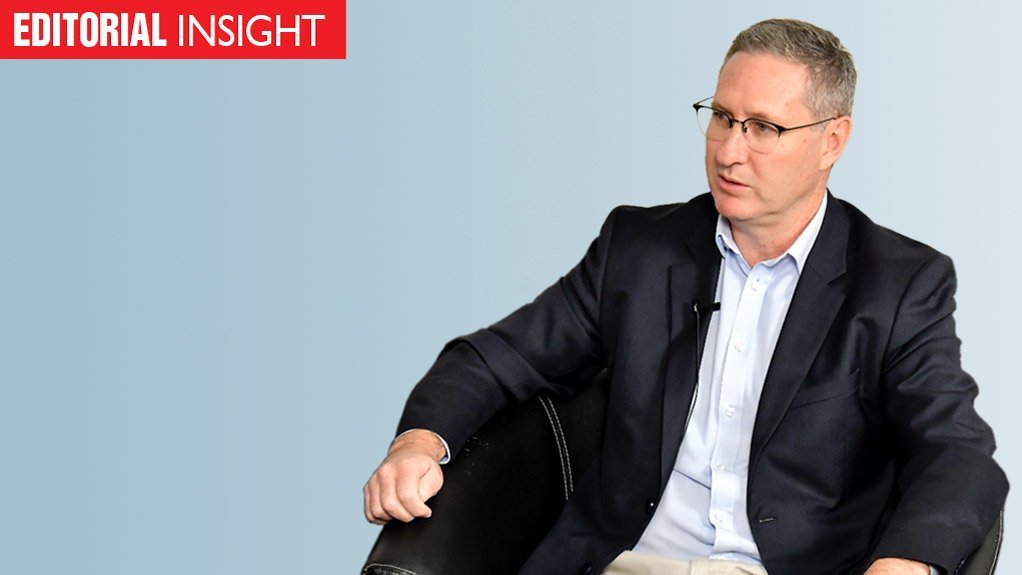By embracing the ‘project manager’ moniker, Electricity Minister Dr Kgosientsho Ramokgopa has moved to sidestep any immediate conflict with political heavyweight Gwede Mantashe, the country’s Mineral Resources and Energy Minister.
While this embrace displays the type of political savvy that one would expect from a former mayor, it is also becoming increasingly clear that it is not merely a survival tactic but a job description. In many ways, project manager is precisely the role that this Ministry, which President Cyril Ramaphosa has described as “transitory”, is expected to play.
So, while there will still be much interest in the nature of the powers to be bestowed on the new Minister in line with Section 97 of the Constitution, Ramakgopa’s job will not be determined only, perhaps even primarily, by these powers.
As Ramakgopa has already explained, his immediate focus will be on formulating an “implementation strategy” for the Energy Action Plan; a plan that has been widely consulted inside and outside of government and one which the Minister has indicated he has no intention of overhauling.
He has also hinted that his day-to-day concerns will be primarily about sweating the small stuff: finding out from Eskom power station managers what they need to improve the performance of their plant all the way down to the unit level; discussing whether the large energy-intensive businesses can expedite their 9 GW pipeline of projects; assessing how to get publicly procured projects over the financial-close line; and seeking a financial model to begin unlocking the generation potential of South Africa’s rooftops.
The ultimate goal will be to close what he estimates to be a 10 000 MW supply gap, which is significantly larger than the formal Eskom estimate of between 4 000 MW and 6 000 MW but is probably also more accurate.
If he butts heads, therefore, he intends those heads to be on the shoulders of Eskom managers and private executives, while avoiding policy tussles and turf wars with either Mantashe or Public Enterprises Minister Pravin Gordhan.
In other words, the new Electricity Minister aims to ‘stay in the lane’ that has been built for him by the establishment of the National Energy Crisis Committee (NECOM), which includes several Ministers and key institutions, including the National Joint Operational and Intelligence Structure. By appointing a trusted Minister to oversee NECOM, the President is showing that he understands the delivery of the Energy Action Plan is crucial not only to his survival and legacy, but also the governing party’s election prospects.
Navigating the politics associated with the electricity crisis will be easier said than done, however, particularly given the divisions in Cabinet over the best route forward. It is made all the more challenging by ongoing criminality, corruption and sabotage, which is directly impacting Eskom’s operational and financial performance.
These contradictions have forced others to steer well outside of their lanes, as they sought to avoid the potholes of bureaucratic inertia and the roadblocks of political and policy obstruction, as well as criminal hijackers.
EMAIL THIS ARTICLE SAVE THIS ARTICLE ARTICLE ENQUIRY FEEDBACK
To subscribe email subscriptions@creamermedia.co.za or click here
To advertise email advertising@creamermedia.co.za or click here











